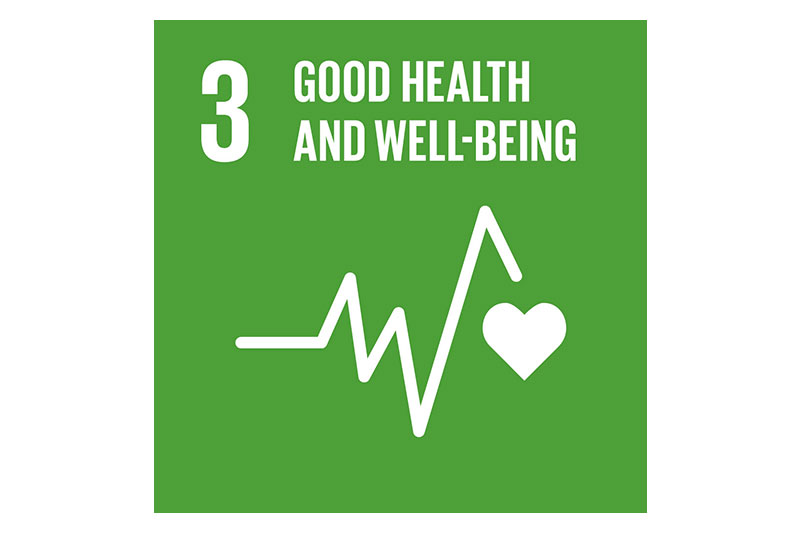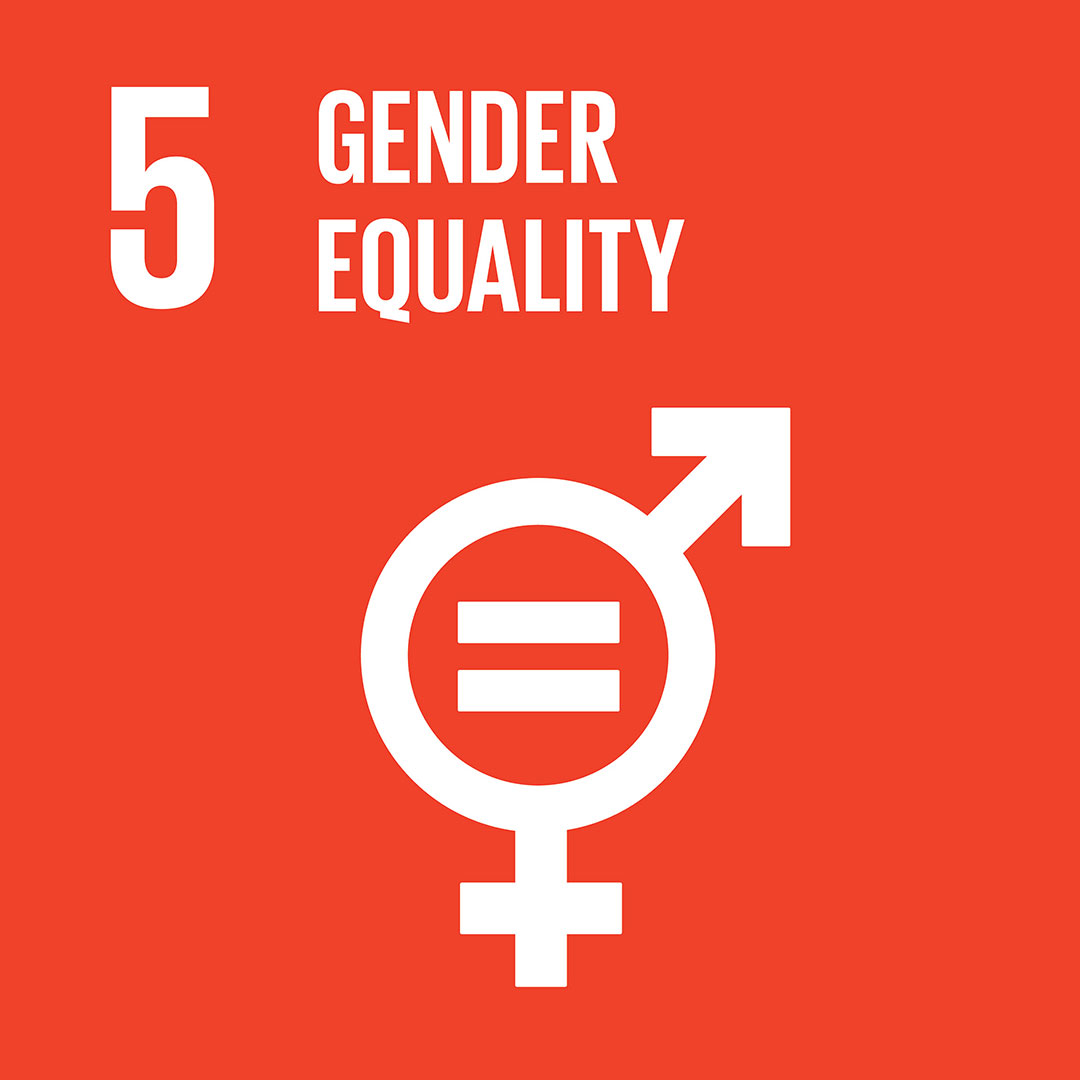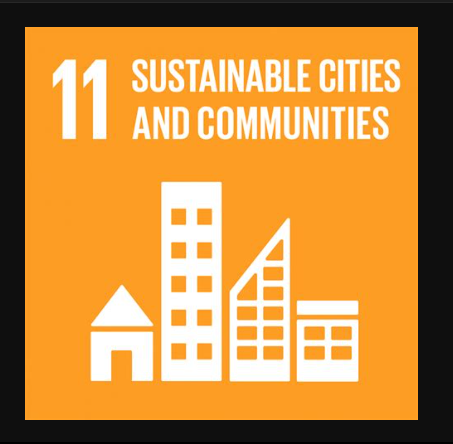About us
Our Mother Organization's History
Our mother organization traces its roots back to a pivotal moment in 1992 amidst the aftermath of civil unrest that engulfed 57 city blocks of urban Los Angeles. From the ashes of destruction emerged a collective desire among professionals and volunteers to aid traumatized children in healing and becoming catalysts for positive change within their community.
Why Full Circle Learning in Africa, with a Focus on Uganda.
In Africa, particularly in Uganda, the need for Full-Circle Learning's holistic educational approach is paramount. Uganda, like many African nations, faces multifaceted challenges, including poverty, conflict, and limited access to quality education. The aftermath of such adversities often leaves children traumatized and marginalized, lacking the necessary support to thrive.
Full-Circle Learning offers a comprehensive solution by not only addressing academic needs but also nurturing character development, empathy, and resilience. In Uganda, where communities grapple with the consequences of conflict and displacement, the transformative power of Full-Circle Learning.
Watch our achievements
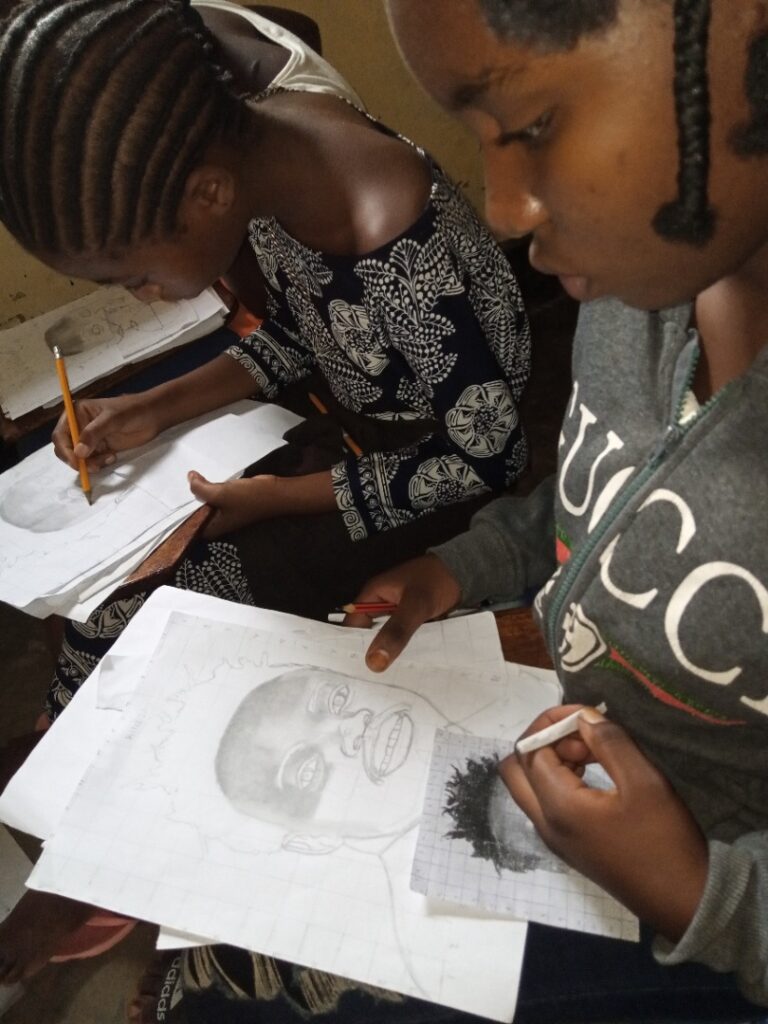
At Full Circle Learning Uganda, we are dedicated to creating an educational environment that nurtures the full potential of every child. Through our comprehensive approach, we aim to equip young people with the knowledge, values, and skills they need to become compassionate leaders and active contributors to their communities.
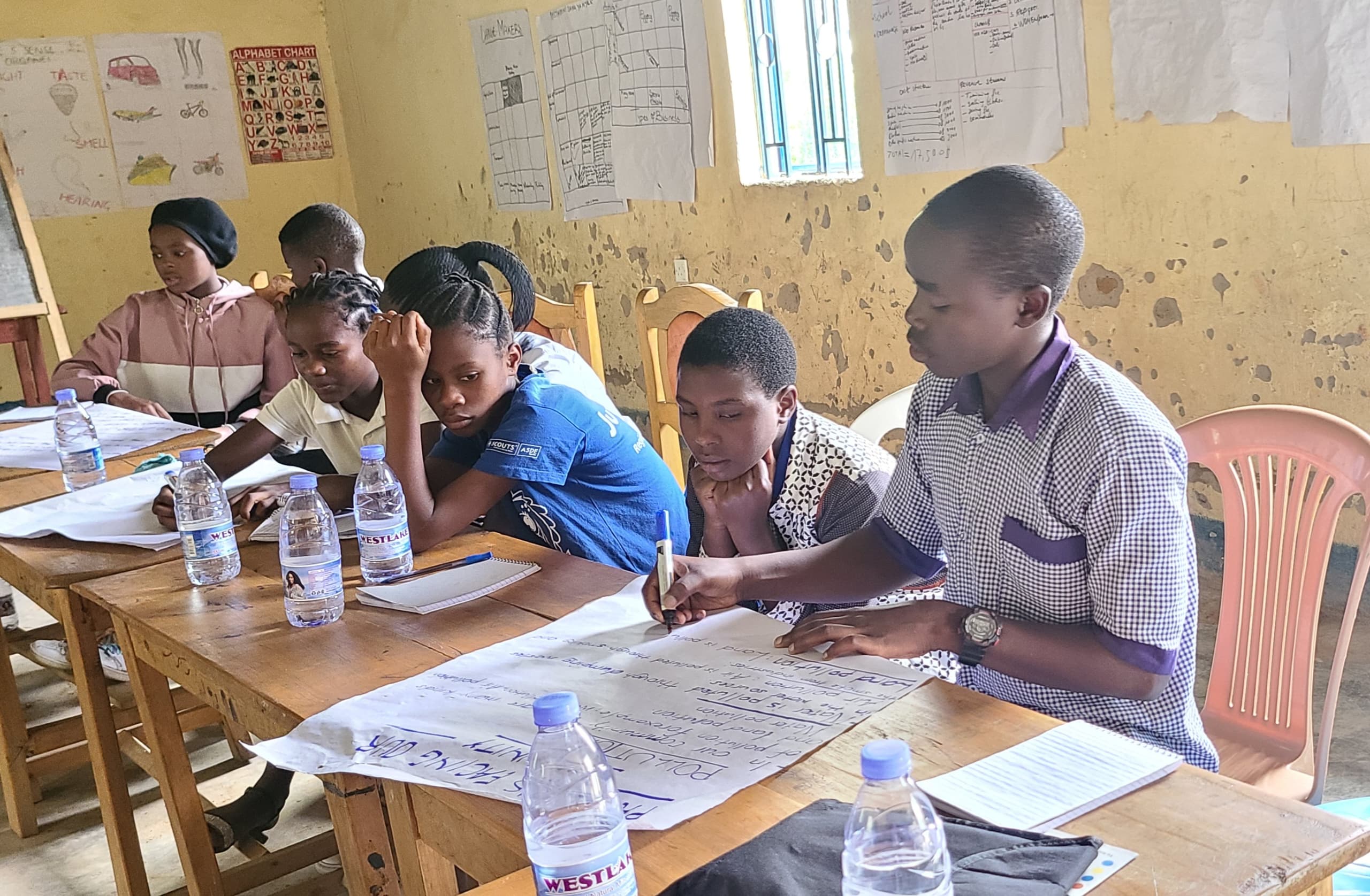
Core Values.
Growth
Leadership
Accountability
Spirituality
Creativity
Integrity
At Full Circle Learning Uganda, our core values form the foundation of our educational philosophy, guiding every aspect of our programs and initiatives.
Full circle learning Uganda alignment to the SDGs
Full Circle Learning Uganda provides a holistic education that blends academics with character development, community service, and environmental stewardship. The program nurtures well-being, equality, and social inclusion, preparing students to become compassionate leaders who contribute to just and sustainable communities. Through meaningful projects and partnerships, it empowers students to make a lasting, positive impact.
Learn more about our Programs that empower educators and students.


